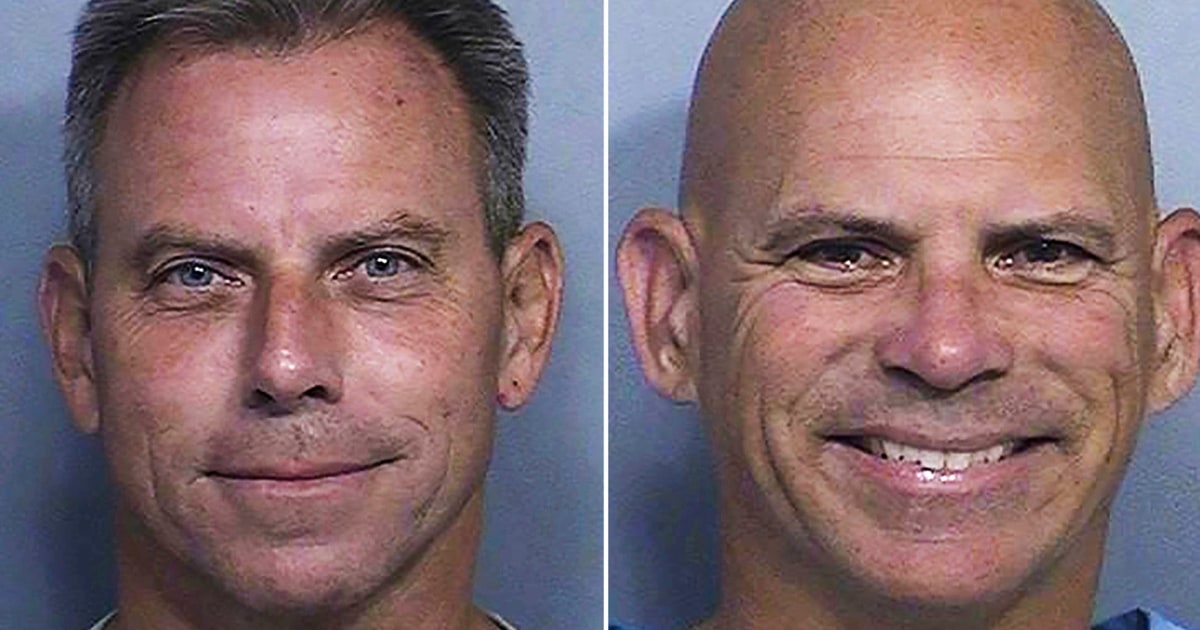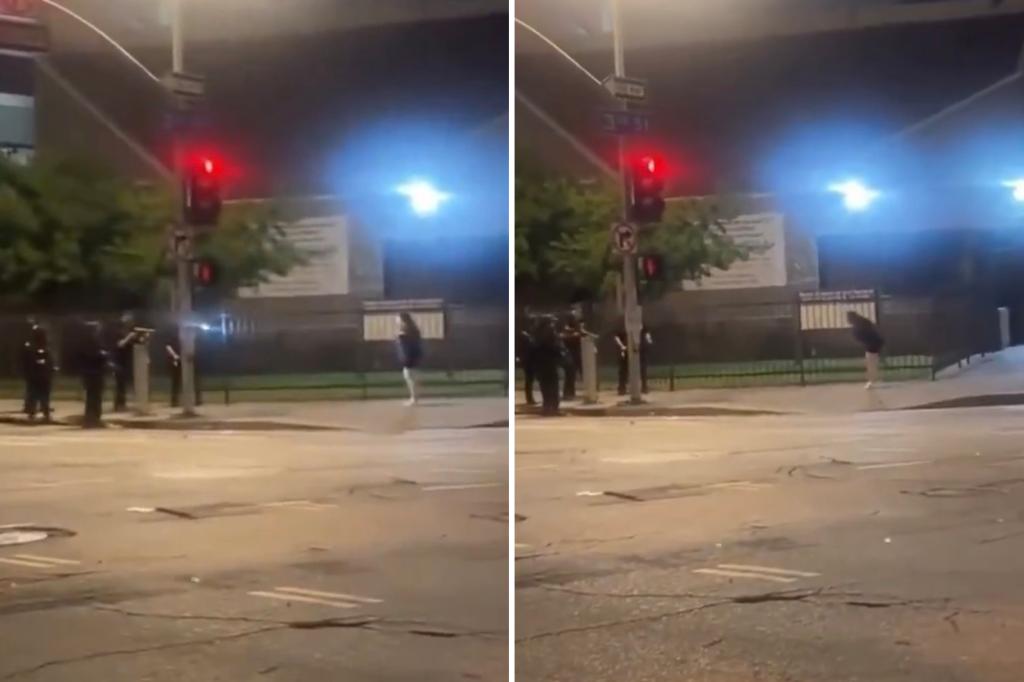Redemption or Regret? Menendez Brothers Reflect on Their Past as Sentencing Reshapes Their Future
Thirty years after their conviction for the brutal murders of their parents, Erik and Lyle Menendez are speaking out about remorse, rehabilitation, and the possibility of parole. Now in their 50s, the brothers claim profound personal transformation during their decades in prison. As California reevaluates their life sentences, legal experts and victims’ advocates clash over whether redemption outweighs retribution.
The Crimes That Shocked a Nation
On August 20, 1989, José and Kitty Menendez were shot to death in their Beverly Hills mansion by assailants firing 12-gauge shotguns. Their sons—then 21-year-old Lyle and 18-year-old Erik—initially played the role of grieving children before financial records revealed a $14 million inheritance motive. The 1993-94 trials became a media circus, featuring:
- Claims of childhood sexual abuse (later excluded from evidence)
- Dramatic courtroom outbursts broadcast nationwide
- Split juries resulting in mistrials before eventual convictions
Forensic psychiatrist Dr. Helen Morrison, who reviewed the case files, notes: “The Menendez trials exposed how trauma narratives compete with forensic evidence in court. Their current appeals hinge on whether prisons should punish or rehabilitate.”
Behind Bars: Three Decades of Transformation
Now incarcerated at Mule Creek State Prison (Erik) and RJ Donovan Correctional Facility (Lyle), the brothers have compiled extensive records of:
- Educational achievements (both earned college degrees)
- Work as legal assistants helping other inmates
- Clean disciplinary records since 2002
In a rare 2022 interview via their attorney, Erik stated: “Every day I confront the irreversible harm I caused. My work now is to prevent others from making similar destructive choices.” Correctional officers report both men mentor at-risk youth through prison outreach programs.
The Legal Battle for a Second Chance
California’s 2018 youth offender parole laws created new pathways for inmates convicted as young adults. The Menendez brothers’ legal team argues:
- Their sentences (life without parole) were excessive given their ages
- Neuroscience now shows adolescent brains lack full impulse control
- Model prison behavior demonstrates rehabilitation
However, Los Angeles District Attorney George Gascón’s office counters: “Premeditated double homicide warrants society’s strictest consequences regardless of age. Commutation would disrespect the victims.” Victims’ rights groups cite Bureau of Justice Statistics showing only 0.3% of paroled murderers reoffend violently, but emphasize the symbolic importance of maintaining sentences.
Public Perception: From Villains to Complex Figures
A 2023 YouGov poll reveals shifting attitudes:
- 42% of Californians now support parole consideration (up from 28% in 2010)
- 60% believe childhood trauma should mitigate sentences
- 78% nonetheless classify the murders as “especially heinous”
True crime author Sarah Burns observes: “The Menendez case became a Rorschach test—either privileged killers or abuse survivors pushed to extremes. Modern audiences increasingly view them through both lenses.” Netflix’s 2017 documentary series renewed debate about their culpability.
What Comes Next in the Legal Process
The California Board of Parole Hearings will reconsider the brothers’ cases separately in 2024. Key factors include:
- Psychological evaluations (scheduled for fall 2023)
- Victim impact statements from surviving relatives
- Review of prison rehabilitation programs completed
If denied parole, their next eligibility review would occur in 2033. Legal analysts suggest Governor Gavin Newsom might face pressure to commute their sentences given his 2022 commutation of other high-profile offenders.
The Broader Implications for Criminal Justice Reform
This case intersects with several national debates:
- Youth sentencing: 22 states have passed laws limiting life terms for young offenders since 2012
- Trauma-informed justice: Courts increasingly consider adverse childhood experiences (ACEs) in sentencing
- Prison reform: Recidivism studies show education reduces reoffense rates by 43%
As the Menendez brothers await their fate, their case forces society to grapple with difficult questions about accountability, redemption, and whether people who commit horrific acts can truly change. Their 2024 hearings may set precedents for hundreds of similar cases nationwide.
For readers: To stay updated on this developing story and related criminal justice issues, subscribe to our newsletter for expert analysis on landmark cases reshaping the legal landscape.
See more CNET 247



